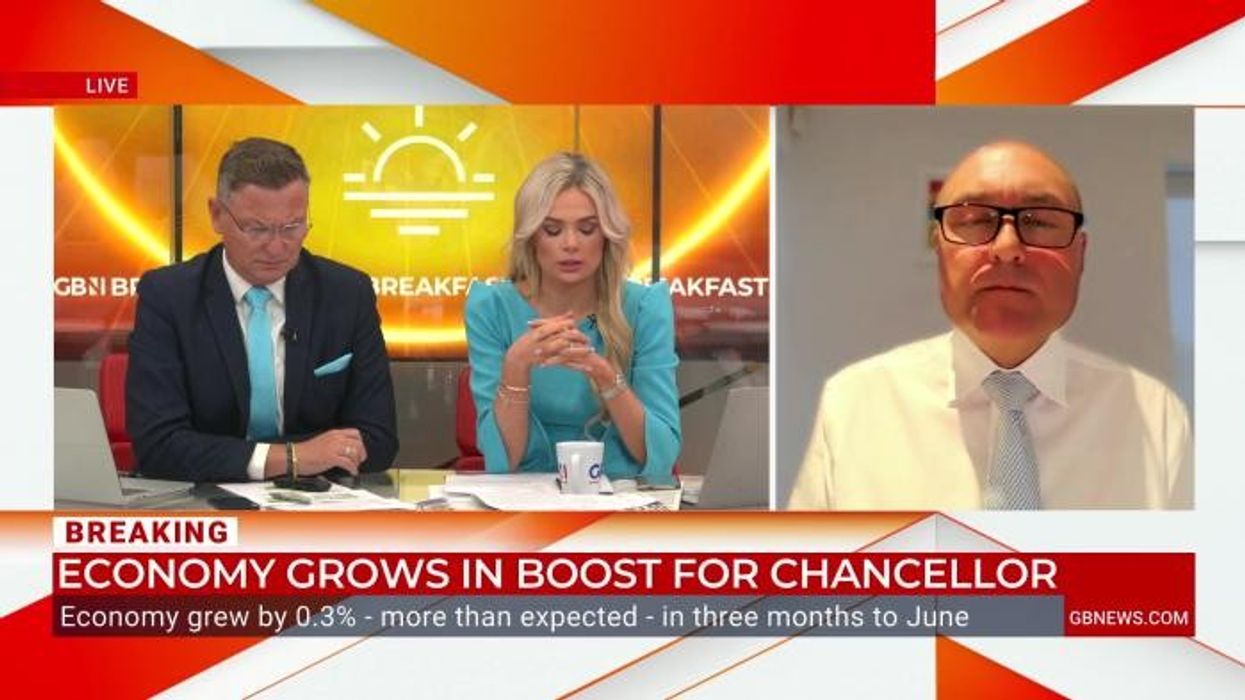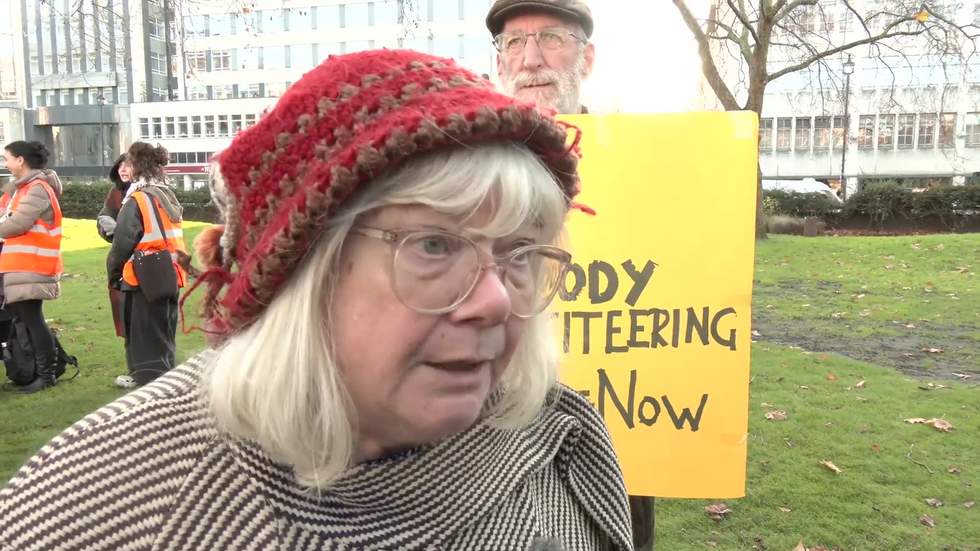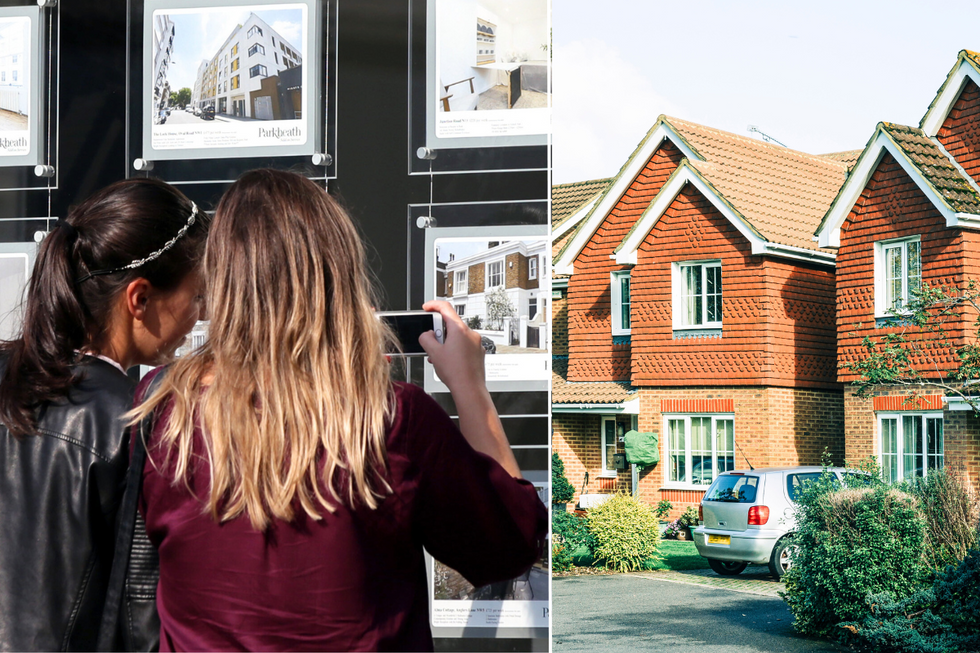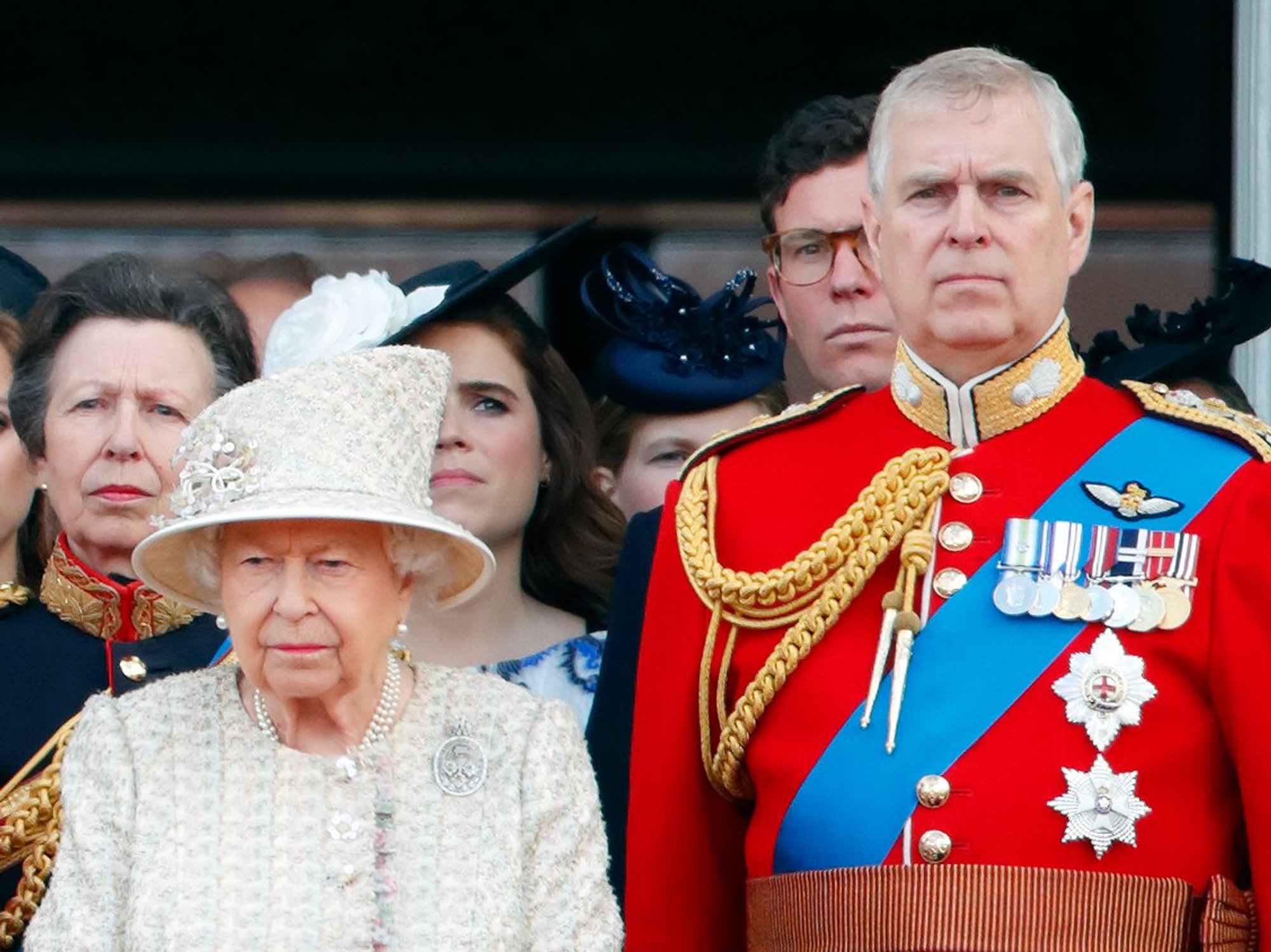What Rachel Reeves's landlord tax could mean for your rent

Andrew Griffith blasts Rachel Reeves for another tax grab |
GBNEWS

The proposed levy would double the tax bills of many smaller landlords
Don't Miss
Most Read
Landlords could soon face National Insurance charges on their rental income under plans being explored by the Treasury.
The move, expected to raise around £2billion a year, risks driving up rents as smaller property owners pass on the cost to tenants
Rachel Reeves is exploring proposals to charge National Insurance contributions on property rental earnings in an effort to generate £2billion annually for the Treasury.
The scheme would require landlords to pay contributions on rental profits exceeding £12,570 per year, matching the threshold currently applied to employment income.
The proposed levy would impose an eight per cent charge on rental profits between £12,570 and £50,270, with a two per cent rate applying to amounts above this bracket. These rates mirror existing National Insurance contributions paid by employees on their salaries.
The measure forms part of efforts to address what sources describe as a £50billion gap in public finances.
Property income generated £27billion in tax revenue during the 2022-23 financial year, making it an attractive target for additional taxation.
Lower-rate taxpaying property owners would bear the brunt of these changes, with their annual tax obligations potentially more than doubling.
Analysis suggests the typical basic-rate landlord currently paying around £700 yearly could see this figure jump to approximately £1,600.
For a property owner earning £10,000 in rental profits, the additional National Insurance charge would increase their tax burden from £2,000 to £2,800 annually. This represents a 40 per cent rise in their overall tax liability on rental income.
 One woman said 80% of the market rent is too high for the key workers | GB News
One woman said 80% of the market rent is too high for the key workers | GB NewsThe proposals would create a disproportionate impact across different tax brackets. While basic-rate taxpayers face substantial percentage increases in their bills, higher-rate taxpayers would experience more modest rises.
A landlord in the 40 per cent tax bracket earning the same £10,000 rental profit would see their annual bill increase from £4,000 to just £4,200.
Property owners currently face income tax on their rental earnings, with rates determined by their total income including both employment and rental profits.
Those earning between £12,571 and £50,270 pay 20 per cent, whilst income between £50,271 and £125,271 attracts 40 per cent tax, and earnings above this threshold are taxed at 45 per cent.

What Rachel Reeves's landlord tax could mean for your rent
| GETTYSince 2017, property investors have been unable to fully offset their mortgage expenses against rental income. Previously, landlords could subtract their entire mortgage interest payments before calculating tax liability. Now they receive only a 20 per cent tax credit on these costs.
This change particularly affects higher-rate taxpayers, who formerly benefited from 40 per cent relief on mortgage expenses.
A landlord receiving £1,000 monthly rent whilst paying £500 in mortgage interest must now pay tax on the full rental amount, receiving only partial relief through the credit system.
The proposals would leave approximately one-third of property owners unaffected due to their retirement status, as National Insurance contributions cease at state pension age.
This demographic often controls the most substantial property portfolios, meaning the levy would bypass many of the sector's largest operators.
David Fell, lead analyst at property firm Hamptons, noted: "Unlike the impact of previous tax reforms, which hit higher-rate taxpayers hardest, levying National Insurance on rental income would primarily hit lower-rate taxpayers and younger landlords."
The age distribution of property owners creates an uneven impact. Retired landlords with significant holdings would face no additional charges, whilst younger investors with smaller portfolios would shoulder proportionally heavier burdens. This disparity could reshape the rental market's demographic composition over time.
Industry specialists caution that additional taxation on rental earnings could trigger widespread market disruption.
Shaun Moore, tax and financial planning expert at Quilter, warned the measure "would be another significant blow to the buy-to-let sector" and might "accelerate the exodus of landlords from the market".

Reduced rental property availability appears inevitable if landlords exit the market
| GETTYProperty owners already grapple with multiple regulatory changes, including the forthcoming Renters' Rights Bill and stricter environmental standards.
Tom Bill, head of UK residential research at Knight Frank, observed: "Targeting landlords won't lose the Government many votes, but such moves invariably end up hurting tenants."
Reduced rental property availability appears inevitable if landlords exit the market. Mr Moore emphasised that "this imbalance will inevitably push rents even higher, worsening affordability for tenants and deepening the housing crisis".
Mr Bill echoed these concerns, stating: "Governments need to fully appreciate that when you tax an activity, you get less of it."
More From GB News










